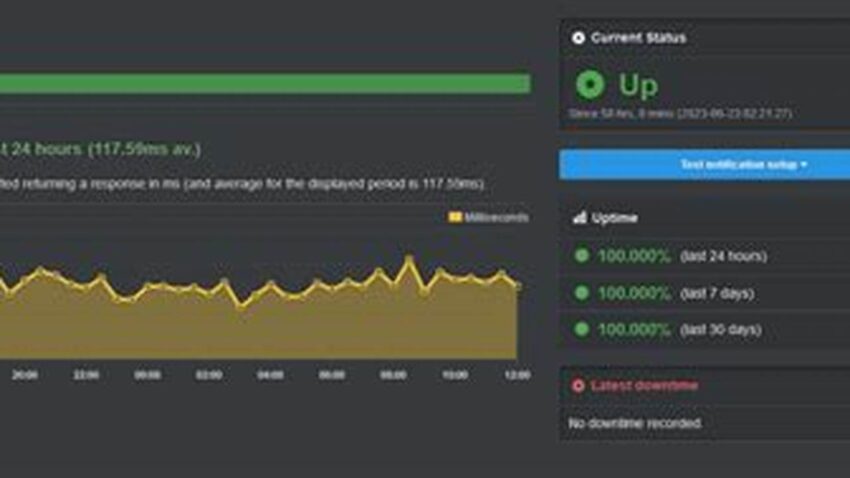Website reliability is crucial for online success. Downtime can lead to lost revenue, damaged reputation, and frustrated users. Choosing a hosting provider that prioritizes uptime is a critical decision for any business or individual with an online presence. This article explores the reliability of Rocket.net’s uptime, examining its importance and offering practical insights for website owners.
Performance and Speed
A fast-loading website is essential for user experience and search engine optimization. Investigating a provider’s infrastructure and technology is vital to understanding its potential for speed and performance.
Guaranteed Uptime
Many providers offer uptime guarantees, typically ranging from 99% to 99.99%. Understanding the specifics of these guarantees, including any exclusions or limitations, is important.
Infrastructure and Technology
The underlying infrastructure plays a significant role in uptime. Exploring the provider’s data centers, server technology, and network redundancy can offer valuable insights.
Security Measures
Robust security measures are essential for preventing downtime caused by malicious attacks. Understanding a provider’s security protocols and incident response procedures is crucial.
Customer Support
Reliable customer support is essential for addressing uptime issues quickly and effectively. Investigating the provider’s support channels and availability is important.
Service Level Agreements (SLAs)
SLAs outline the provider’s commitment to uptime and performance. Reviewing these agreements carefully can provide a clear understanding of their obligations.
Real User Experiences
Seeking out real user reviews and testimonials can provide valuable insights into a provider’s actual uptime performance.
Independent Monitoring Services
Utilizing independent website monitoring services can offer objective data on a provider’s uptime and performance.
Pricing and Plans
Different pricing plans may offer varying levels of uptime guarantees. Understanding the cost implications of different plans is important.
Tips for Evaluating Uptime Reliability
Tip 1: Research and Compare Providers: Don’t settle for the first option. Thoroughly research and compare different providers to find the best fit for your needs.
Tip 2: Look Beyond the Marketing: Marketing materials often highlight the positives. Dig deeper and look for independent reviews and data to get a more complete picture.
Tip 3: Test the Service: If possible, test the service with a trial period or smaller project before committing to a long-term contract.
Tip 4: Monitor Your Website: Even with a reliable provider, actively monitoring your website’s uptime is essential for catching and addressing issues promptly.
Frequently Asked Questions
How does uptime affect my website’s SEO?
Search engines penalize websites with frequent downtime, impacting search rankings and visibility.
What are the potential costs of website downtime?
Downtime can lead to lost revenue, damaged reputation, and decreased customer trust.
What is the industry standard for acceptable uptime?
While 99.9% uptime is often considered the industry standard, aiming for higher percentages is recommended for critical websites.
How can I improve my website’s uptime?
Choosing a reliable hosting provider, implementing robust security measures, and actively monitoring your website are crucial steps for improving uptime.
What should I do if my website experiences downtime?
Contact your hosting provider immediately and follow their recommended procedures for troubleshooting and resolution.
What are some tools I can use to monitor my website’s uptime?
There are various website monitoring tools available, both free and paid, that can track uptime and alert you to any issues.
Selecting a hosting provider with reliable uptime is a critical decision. By carefully considering the factors discussed in this article, website owners can make informed choices that contribute to their online success.

